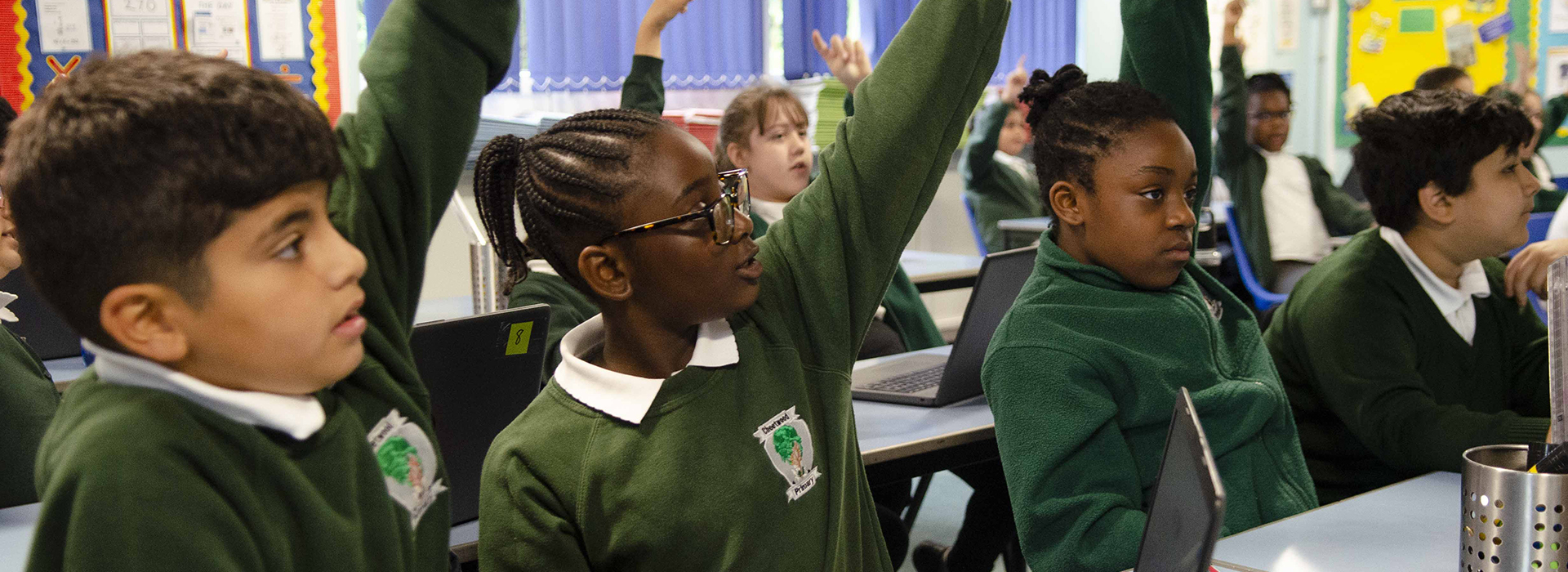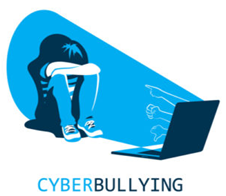Online Safety

Being online is an integral part of children’s lives. Social Media, online games, websites and apps can be accessed through mobile phones, computers, laptops and tablets – all of which form a platform for children’s online world.
E-safety is a fundamental part of Cheetwood’s safeguarding and child protection measures. The Government has also set out guidance for schools across the UK, which highlights the importance of safeguarding children online.
Cheetwood adopts a whole school approach and helps to ensure online safety is regularly talked about and taught to help give the knowledge and skills children need to be safe online.
The internet is a great place for kids to learn, play, create and connect, but technology is advancing quickly and parents may find it challenging to keep up. At O2, we want everyone to safely enjoy the web, and so we’ve created resources to help parents regularly discuss online safety with their children. This empowers families to confidently explore the digital world.
Check out our online safety resources, which can be found at this website: O2 help with online-safety

Cyberbullying

Cyberbullying is the use of electronic communication to bully another person. This usually comes in the form of a threatening or intimidating message. Social media can be a common platform for this to happen, but the use of private messages through games consoles and chat options on apps is making it more difficult for parents and carers to track. The protection of children against cyberbullying is embedded in our Anti-Bullying policy, which can be found on our Policy page.
Click below to find out more about cyberbullying and what you can do to prevent your child from being exposed to it.
Social Media

The use of social media such as Facebook, Twitter, Snapchat and Instagram is very popular amongst young people. Most of these sites have an age limit of 13. Despite these age restrictions, many children under the age of 13 have their own social media profiles, and most have them on all of these popular social media sites. Parents should be aware of the social media apps their child or children are accessing, even if they are over the age of 13.
Click below to find out more about social media apps.
Online Gaming

As of 2017, there are over two billion gamers worldwide and 27 percent of them are under the age of 18. Children and teens are becoming more engaged with video games because of the huge variety offered and how easily they can be accessed from a range of device. This surge in popularity may make it difficult for some parents to keep up with the range of online safety features offered.
The following 5 tips can help you manage your child’s online gaming activity and ensure they are kept safe:
1. Check ages ratings of games they are playing
2. Access parental controls so you can set time limits and manage what they access so they are not seeing anything inappropriate.
3. Account security is vital in making sure personal information is kept safe. Make sure two step authentication is enabled for maximum security.
4. Blocking and reporting is available in all games. Make sure you and your child knows how to block or report people.
5. Taking breaks often to make sure your child isn’t spending too much time online and they have time to stay active or complete homework!
Fortnite is massively popular online multiplayer game – for years it has been one of the most popular games amongst gamers.
Click below to find out more about Fortnite.
E-Safety through the curriculum
E-Safety themes are planned and taught at least once per half term and a full day of learning is dedicated to E-Safety in February during Safer Internet Day.
Pupils at Cheetwood Primary School learn the following about E-Safety:
- How to recognise common uses of information technology beyond school
- How to search technologies effectively, appreciate how results are selected and ranked
- Be perceptive in evaluating digital content
- Understand computer networks including the internet and the opportunities they offer for communication and collaboration
- How to use technology safely, respectfully and responsibly
- Keeping personal information private
- Where to go for help and support when they have concerns about content on the internet or other online technologies
The school will also immediately address any other E-Safety matters which occur, including those which happen outside the school day and come to the school’s attention. Such E-Safety matters may be addressed through additional lessons, whole school assemblies, information in the school’s weekly newsletter and one-to-one advisory meetings and/or workshops for Parents/Carers. All E-Safety incidents are recorded, along with the action taken and are monitored by the Safeguarding team and the E-Safety leader.
If you have any e-safety questions or concerns, please contact the school’s e-safety leader: l.hardy@cheetwood.manchester.sch.uk




